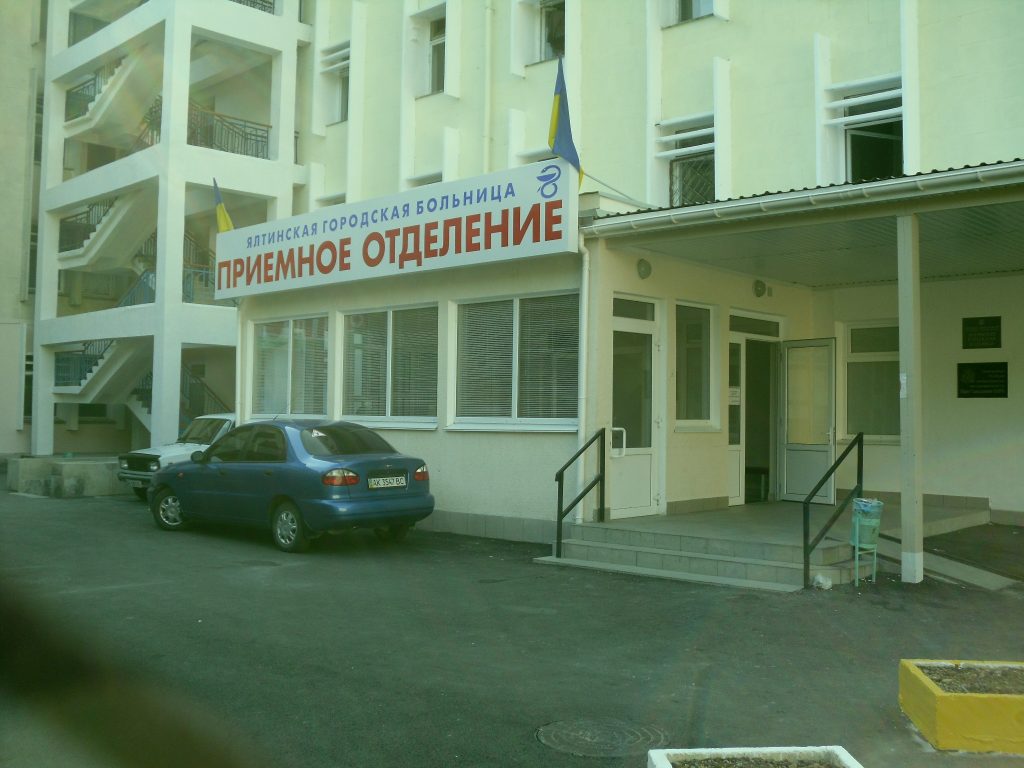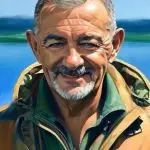Fifteen years ago this week I was on a family holiday in Crimea, near Yalta, which took an unexpected turn due to a mild stomachache. Just twelve hours later, I found myself at Livadia Palace hospital, a stone’s throw from the historic site where Stalin, Roosevelt, and Churchill solidified their post-World War II agreements, preparing for an emergency appendectomy. While it was a daunting experience, it has since become a memorable chapter in my life.
As I was wheeled into the operating theatre, my wife Svetlana received a list of medications to purchase from the pharmacy, essential for the procedure to proceed. They administered an epidural, keeping me awake through the entire five-hour surgery—reportedly complex, though I was blissfully unaware of those details. The nurse who cared for me well she bore a striking resemblance to a film star, and her hand-holding was incredibly comforting. 😂😂
The surgery went well, and after sleeping I found myself in a ward populated by elderly Ukrainian and Russian patients, who viewed me as quite the curiosity—a British patient. My understanding of Ukrainian and Russian was limited back then and, unfortunately, has not improved significantly since.
The sweltering heat, reaching 35-40 degrees, with no air con either it made the situation more challenging. Svetlana, however, managed to arrange a private room for a small fee, which literally was pushing my bed 🛏️ onto an open air balcony 😂 granting me a lovely view well worth it.
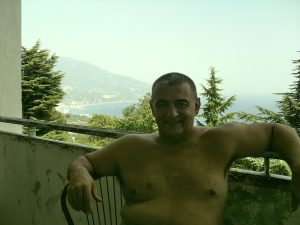
In those days, there was no internet access on either my laptop or phone, which afforded me ten days of uninterrupted reflection. I found comfort in thoughts of my family, especially knowing that our daughter Elizabeth was just four months old.
When I hear people talking about the UK’s healthcare system often brings me back to this experience, where I received exceptional care despite the very basic facilities. We should be extremely proud and thankful of our NHS whilst not perfect I know which I would prefer 😂🙏
My makeshift container for excess fluid was a Gherkin jar, a rather unusual choice. The ward was very basic and in need of a lick of paint and modernisation 😂.
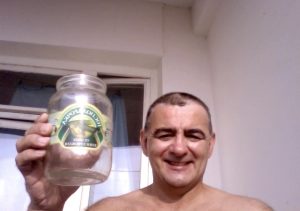
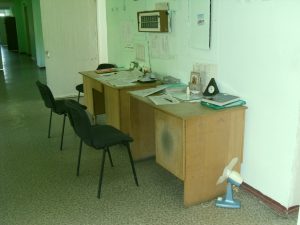
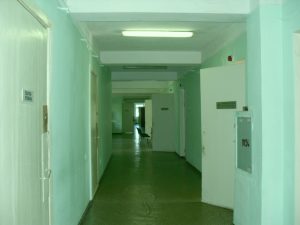
Each morning at 6 a.m., I was greeted by a delightful young nurse, from whom I had to pay 5 Ukrainian hryvnia to get my pain relief injection—a rather unconventional start to my day.
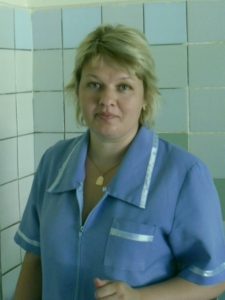
I also felt an overwhelming urge to help the two cleaning ladies, both of whom faced significant mobility challenges and obviously still had to work 🙏
The meals left much to be desired, prompting me to depend on Svetlana to bring alternative options, including Yorkshire tea—a quintessentially British choice abroad. This quickly gained the attention of other patients, leading to a lighthearted incident where I caught an old Russian girl named Irena attempting to sneak some away! 😂😂
My recovery was supervised by a Doctor named Dima, who spoke a bit of English and provided reassurance during my stay. After ten days, he gave Svetlana and myself strict instructions for my post-operative care before allowing me to leave.
As a gesture of gratitude, Svetlana handed Dima $100 upon my discharge, also ensuring that if any family members were admitted in the future, they would receive the best possible care. Previously she had also done something similar to the nursing staff. 🙏
While not ideal, such practices seemed to be the norm at the time.
Upon returning to the beach for the remainder of our holiday, I showed my scar and operational updates to my late father-in-law, Kollier, a surgeon who had traveled from Tula in Russia to meet his new granddaughter Elizabeth, he gave my care a resounding thumbs up 👍 🙏.
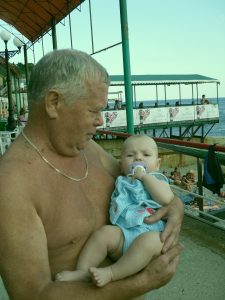
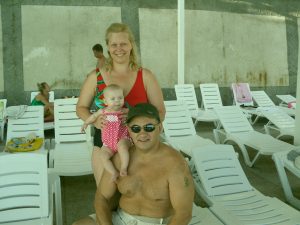
I truly long for the day when as a family Svetlana and I can revisit Crimea, hoping for a resolution to the ongoing conflicts so that all people can live in peace. 🙏🙏🙏

